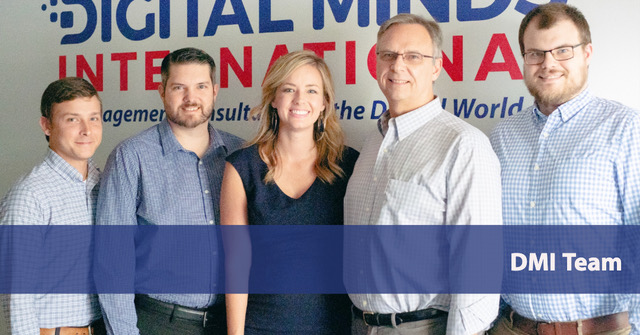
Google has collected endless amounts of data, conducted countless studies, spent millions of dollars and logged thousands of hours all in the name of trying to better understand their employees. One initiative was to try and understand what makes a team effective. Specifically, Google wanted to know why some teams excelled while others didn’t. The study was called Project Aristotle, and they gathered up some of Google’s best talent to try and understand, codify and decipher how to create high-functioning teams.
The results of Project Aristotle may forever change how you go about assembling a team. Before the study, Julia Rozovsky, Google’s people analytics manager, felt that the best teams came from compiling the best people. The “best of the best” would surely be the way to go. As she later stated, “We were dead wrong.”
Google assembled organizational psychologists, sociologists, statisticians, engineers and researchers to attack this issue. For over two years, Project Aristotle studied 180 Google teams and analyzed over 250 different team attributes, looking for the magic dream-team formula, but they came up empty. Nothing was standing out to ensure you would be putting together an outstanding team.
They stumbled across some research by psychologists and sociologists that focused on what are known as “group norms”: the traditions, behavioral standards and unwritten rules that govern how teams function when they work together. Following this new line of thought, they went in search of behaviors that magnified the effectiveness of a team and found five key characteristics of enhanced teams. Julia Rozovsky listed their findings as follows:
- DEPENDABILITY: Team members get things done on time and meet expectations.
- STRUCTURE AND CLARITY: High-performing teams have clear goals and have well-defined roles.
- MEANING: The work has personal significance to each member.
- IMPACT: The group believes their work is purposeful and positively impacts the greater good.
But #5 is the most important of all of them:
- PSYCHOLOGICAL SAFETY: Imagine a setting where everyone is safe to take risks, voice their opinions and ask judgment-free questions; imagine a culture where everyone can let down their guard. That’s psychological safety. Google found that teams with psychologically safe environments were more successful.
Psychological safety is dependent on team dynamics. There is no concern about authority or power. Everyone is focused on the clearly defined goal and open to whatever will help them obtain it. They are comfortable with the people on their team. The chemistry is proactive. They chat, they laugh, they have fun and they enjoy each other’s company. There is no pecking order, no interest in titles, power or credit.
If you want an effective team, focus more on chemistry, diversity, balance and camaraderie. Then stir in talent, subjective and objective people, introverts and extroverts, fast and steady people, young and old and some brilliant nerds. A team full of quarterbacks will never win a Super Bowl.
Robert Stevenson is one of the most widely recognized professional speakers in the world. Author of the books How To Soar Like An Eagle In A World Full Of Turkeys and 52 Essential Habits For Success, he’s shared the podium with esteemed figures from across the country, including former President George H.W. Bush, former Secretary of State Colin Powell, Anthony Robbins, Tom Peters and Steven Covey. Today, he travels the world, sharing powerful ideas for achieving excellence, both personally and professionally.


